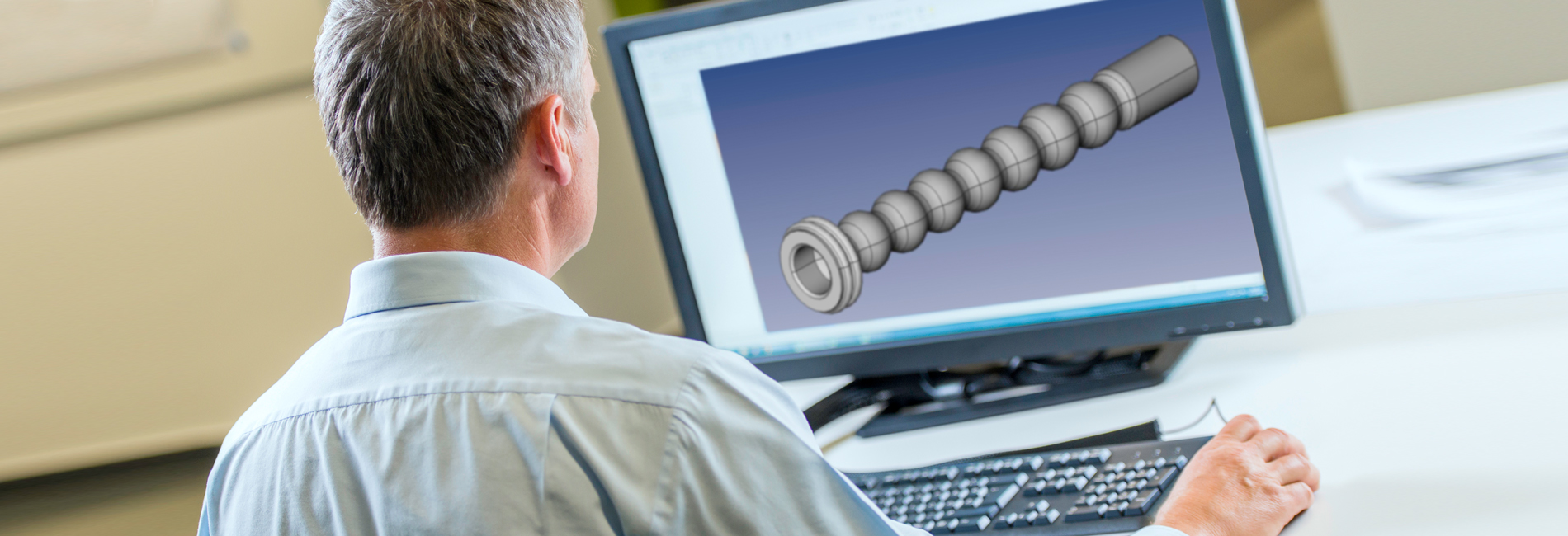
Recent advances in polymer 3D printing materials bring dramatically increased realism to printed prototype rubber mouldings, significantly speeding the time from CAD drawing to final tooling. To maintain its positions at the forefront of the industry DP Seals has added 3D printing to its tool room process.
DP Seals is a leading supplier of high precision custom seals, gaskets and mouldings that play a key role in a huge variety of applications, from Formula 1 racing cars to London Underground ticket machines. For many years, the company has provided a direct, high-efficiency CAD/CAM link from its clients’ engineer desktops to the in-house tool room, ensuring accurate prototype tooling in optimum time without compromising precision or quality. By augmenting this link with 3D printing of custom seals and mouldings, DP Seals can shorten this prototyping process and so further speed the clients’ development programmes.
For DP Seals, the catalyst to adopting this innovation is the recent availability of a range of rubber-like polymeric printing materials that exhibit many elastomeric characteristics – diverse Shore A hardness values, elongation at break, tear resistance and tensile strength. This level of flexibility is crucial to the client’s prototyping process, allowing problems to be ironed out – such as the fit of male/female mating, or ease of cable feed-through – and make any modifications prior to final tooling.
Adopting the latest 3D printing technology in our tool design department was the next logical step in speeding the prototyping process for our clients. It is really fast and, because we use a rubber-like print medium, the client can better visualise the end result and identify potential faults.”
Andrew Piper, MD, DP Seals